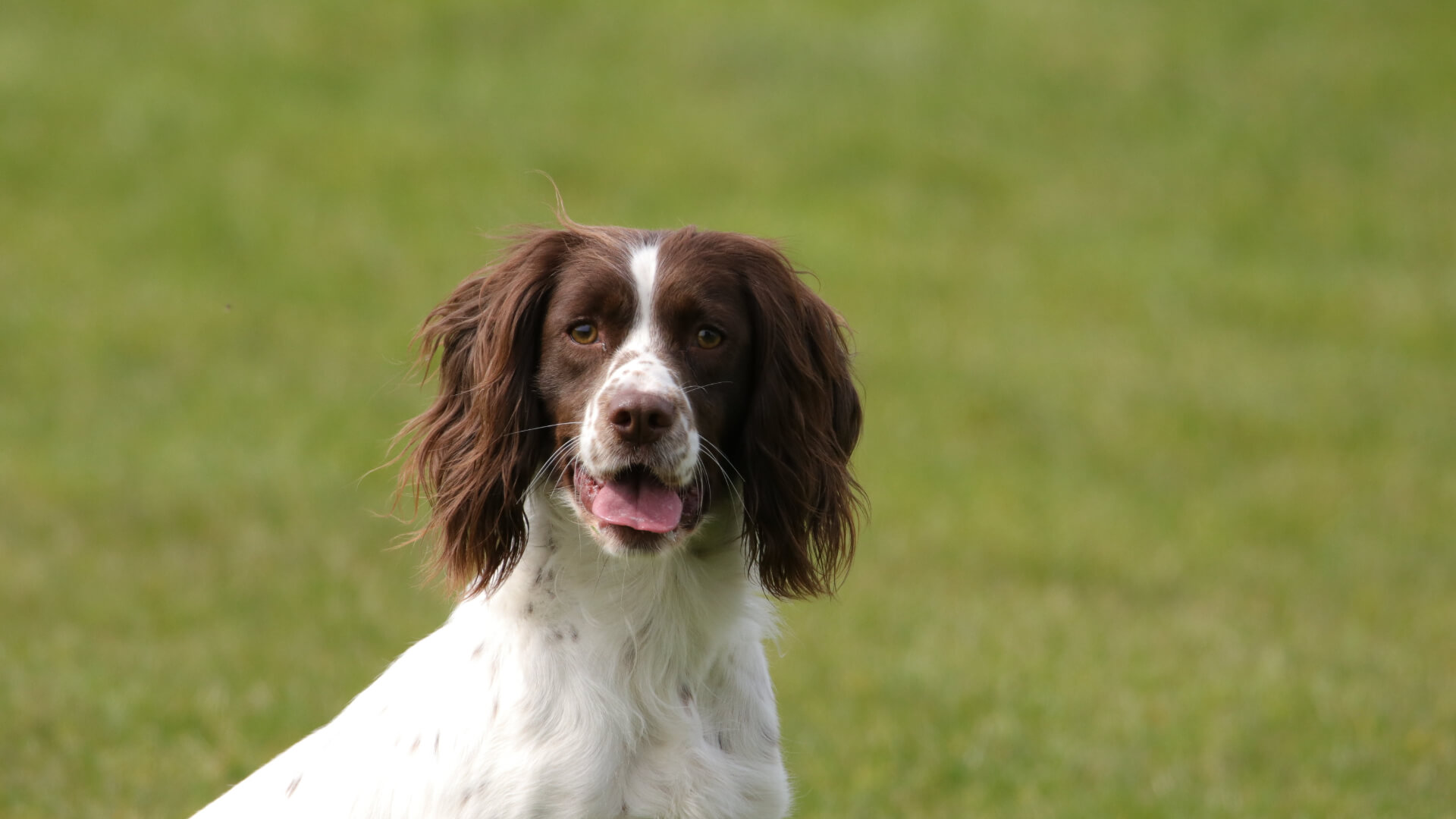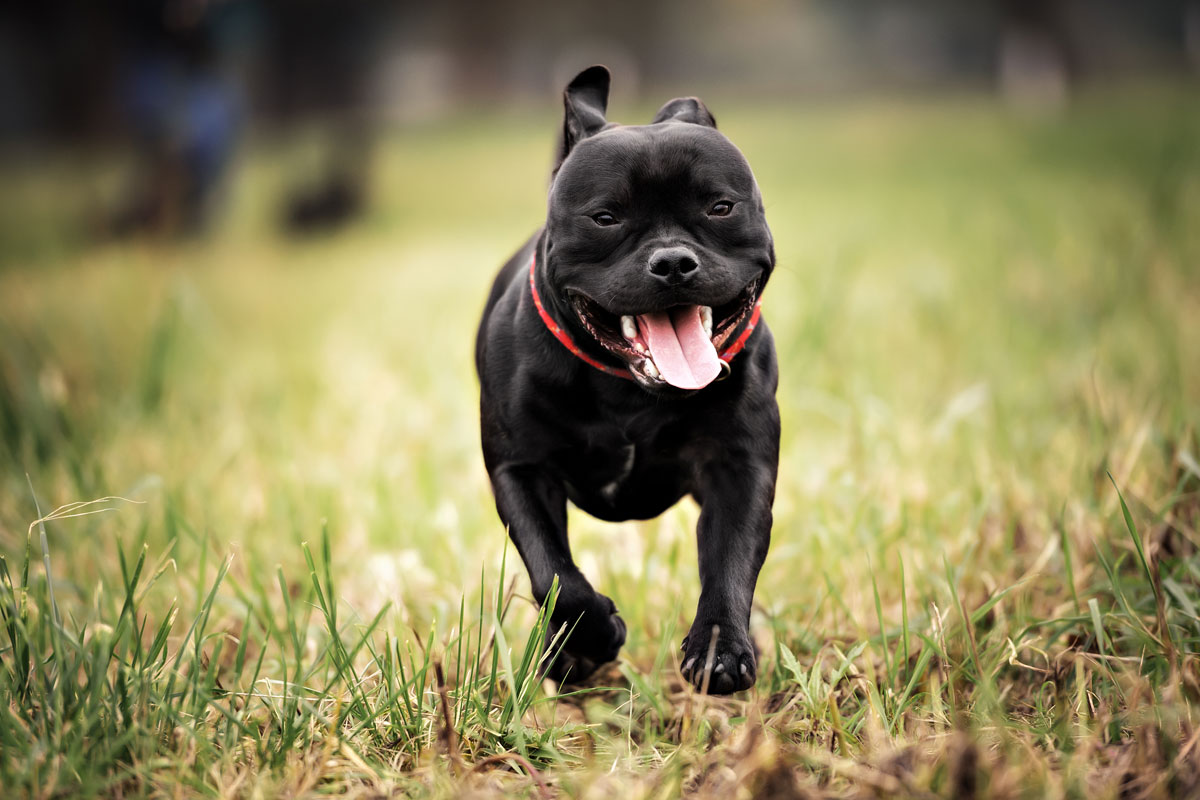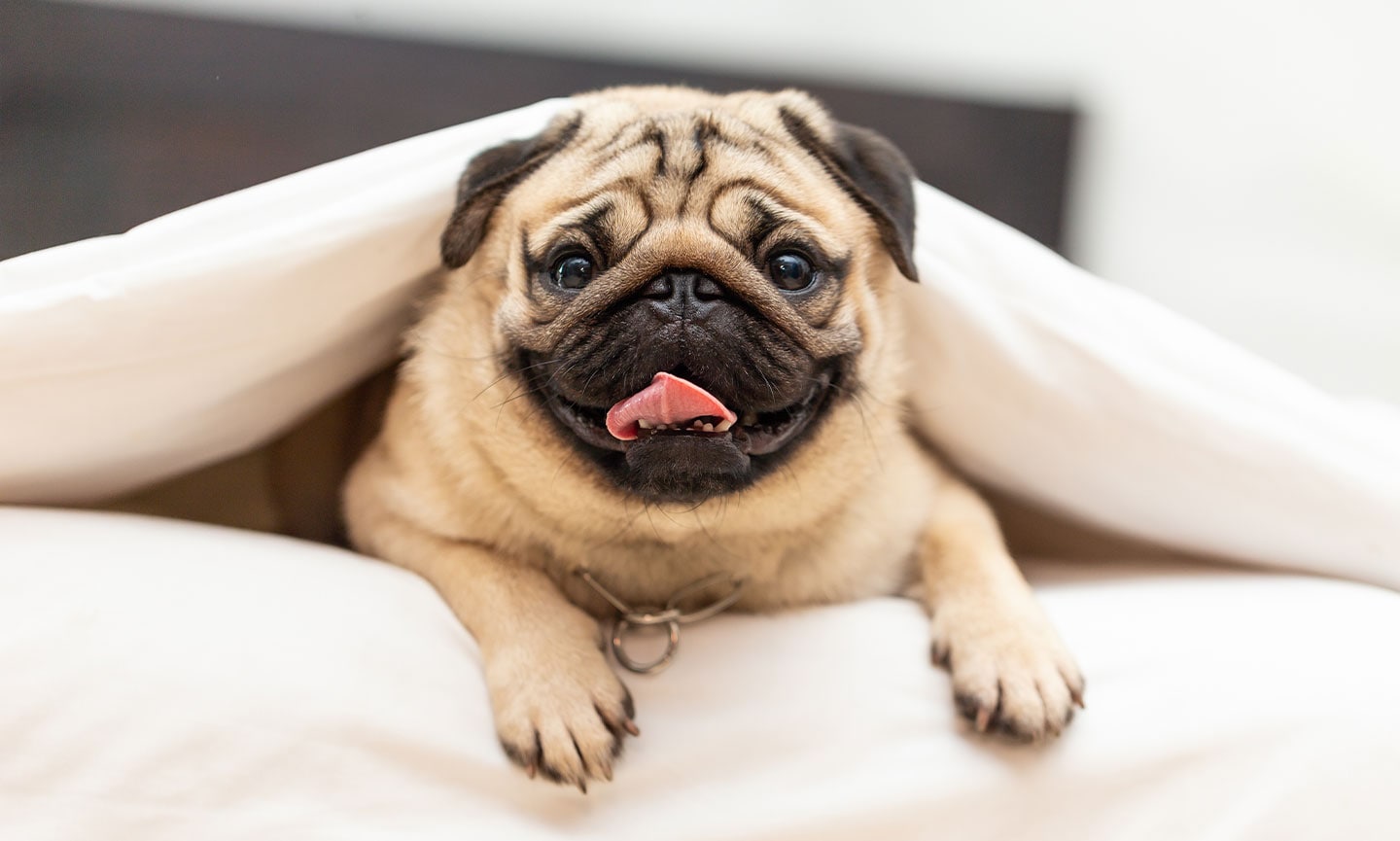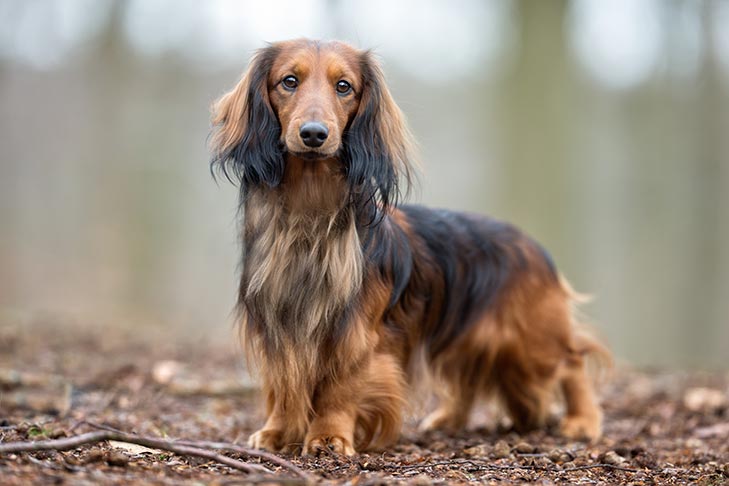Finding the perfect dog for your family can be a daunting task. There are so many breeds to choose from, and you want to make sure that they will be happy in your home. If you’re looking for a great pet, but have no idea where to start, this blog post is just what you need! We’ve collected some of the best dogs for first time owners and narrowed down our list of favorites by weight, size and personality type.
There are 218 pedigree breeds recognised by the Kennel Club, split into seven groups: Gundog, Hound, Pastoral, Terrier, Toy, Utility and Working. Each breed has a different size, energy level, grooming requirement, personality and temperament.
Of course, they all should be insured. You can get a quote for Emerald’s pet insurance here – https://www.emeraldlife.co.uk/pet-insurance.
Table of Contents
What should I be thinking about?
As an owner, it’s your responsibility to socialise, train and exercise your puppy. If you’re looking for less work, you may want to consider a lower maintenance breed or adopting an adult dog from a rescue home.
So what are the best dog breeds for a first time owner?
If you are a first time dog owner, then these might be some breeds you can look at:
Boxer
If you lead a reasonably active lifestyle, a boxer could be right for you. This breed needs plenty of exercise and a strong foundation of training. Boxers are a loyal breed, forming close social bonds with family members. Young boxers can be a little hyperactive, but enjoy attention during training.
Unlike the the the two above, Boxers have short coats and won’t shed much; their grooming requirements are minimal (much lower than the Labs). Both Labrador retrievers and boxers are active breeds, and require regular exercise.
Cavalier King Charles Spaniel
The Cavalier King Charles Spaniel is a sweet, affectionate dog with a puppy-like appearance. The breed is small but not tiny and has a gentle demeanor. They are a smaller breed and more susceptible to injury than the ones listed above.
Cavaliers can thrive in all kinds of households and tend to get along well with children of all ages. They have a slightly less shortened noses than pugs, but still may suffer from similar health concerns. They generally take 25-40 repetitions to learn a new command.
Labrador Retriever
The Labrador retriever is one of the most popular and recognizable medium-large dog breeds in the world. Labrador Retrievers are known for their loyalty, making them great guide dogs, therapy dogs, as well as excellent family pets.
They are a social breed, eager to please by nature, meaning they are easier to train and learn new skills faster than many other breeds. Labradors have their share of health problems, as any dog breed does, but as a whole are healthier than most.
Golden Retriever
If you are new dog owner and are considering medium sized pets, then a Golden Retriever may be the perfect fit for you. These dogs thrive off of human contact, making them great family dogs. They do need regular brushing though!
Golden Retrievers are intelligent social dogs which work well with humans and adapt to life changes better than many other breeds. They have a lot of health problems, but as a whole they live longer because they adjust well to different situations throughout their lives.
Hound
Hounds were bred to hunt and work at a distance from people so they’re independent. Some people find them harder to bond with because they don’t show their affection as much as some other dogs. Hounds can become destructive when left at home alone and can be destructive if left alone.
They are often described as aloof and don’t like companionship – but they’re quite independent and even if they don’t seem to be looking like they are watching you, they are watching you. So they always have your best interests at heart.
Poodle
The poodle is adaptable to its environment and can do very well in various households, including those with children. This breed comes in three sizes: toy, miniature, or standard. Poodles are energetic dogs that need plenty of exercise and mental stimulation.
As a non-shedding breed, they’re a great choice for anyone with fur allergies. They need grooming regularly to maintain their curly, continually growing coat. They’re highly intelligent, eager to please, affectionate, and fast learners.
Greyhound
Greyhounds are awesome dogs for inexperienced owners. They’re quiet and well-behaved when indoors, but they also love going on outdoor adventures with their family. Known for their speed and competitive nature, they’re not very active at home, preferring to lounge around all day long like a lazy housecat. Make sure you separate then from cats or small animals though, as they have strong hunting instincts.
Bichon Frise
This breed is great with children and other animals. Their coat makes them very convenient for allergy sufferers, and they are also easy to train. They can be timid around strangers at first but early socialization will help make them friendly and playful.
So how do we decide?
When looking for a dog as a first time dog owner, the type of family unit and desired goals are important. From small to large dogs there is something that will match each person’s needs to make them happy and the dog affectionate.
Choosing the right kind of dog can be difficult if you are not experienced with the various breeds and how they vary in temperament and needs.
If you want a pedigree, be sure to choose one that needs lots of room and tons of exercise. If you prefer mixed breeds, make sure the dog has plenty of energy and won’t require too much training.
Are there any breeds that are not great for first time owners?
To be honest some high energy dogs may be too much for a family with children if you don’t have the opportunity to exercise them properly.
Schnauzers are a good example that might not be a great dog. They are fiercely independent and you have to spend a lot of time with them making sure that they understand their subordinate position in the pack.
For a first-time owner, it might be wise to avoid highly independent breeds or dogs with an unpredictable disposition. Breeds that should probably be passed over are Akitas, Airedale Terriers, and Australian Cattle Dogs.
Conclusion
How do I get it right?
If you want your first dog to be a great companion, it’s important that the breed suits both your lifestyle and personality. Ideally you would get assistance from someone who knows what they’re talking about but there are some generalities. You don’t need anything too big since most people with small homes live in apartments or flats so getting a large pet would not be sensible.
However, don’t go too small either if you want a companion to walk miles with. And sometimes a mixed breed of two outdoorsy dogs would be a great choice.
In the end it is going to be down to your own decision making process. You should be able to find a breed that fits your needs without too much trouble.
It does not matter how small or big you are, it’s going to be down to personal preference and what sort of lifestyle you lead. You might want something more high energy if you have a lot of time on your hands but if this isn’t the case then an easy-care dog is going to be much much better for these dog owners.
Dogs were originally bred for several different purposes and owners are all different too, so all you need to do is to match the pet with the dog owners – simple really!
We wish you all the best with your search and remember that Emerald offers a great pet insurance product that can really help you should you need it.
Best First Dogs FAQs
What dog breed is best for first time dog owners?
Looking for the perfect pet for your family can be tough. There are plenty to choose from, and it’s important that they will fit well in your home. Fortunately, we’ve collected some of the best and narrowed our list down by size, weight and personal preference.
There are many breeds recognised by the Kennel Club, split into seven groups, but each as several categories: Gundog, Hound, Pastoral, Terriers, Toy, Utility and Working. Different breeds have different size, energy level, grooming requirement, personality and temperament.
If you don’t want to put in the work of socializing, training and exercising a puppy, consider getting a low maintenance dog or adopting an adult dog from a rescue home.
What is the easiest dog to own?
When looking at breeds for first time owners, how each dog breed fits with each family unit is important. While one dog breed may be perfect, another might not. If a family really wants a terrier as a first time dog, then easy, with say a Yorkshire terrier, but what if one of you wants a poodle?
Does your preferred dog need regular brushing or a lot of exercise? Are they easy to train (some aren’t). Thinking of exercise, that is easier with a small dog or a toy dog than a medium or large dog.
Do you want a pedigree or a mixed breed? Dogs that need plenty of exercise and training might also be high maintenance, so that might limit your search to a smaller breed range for your first time dog.
Sometimes the way forward is just to compile a list of what you think of as easy. And results may be mixed for each owner!
What is the most low maintenance dog?
It is important to consider energy levels for dog breeds for first time owners.
There are many reasons would-be first-time pet owners become disappointed by their little one’s immense energy level and appetite. While this may not be the easiest challenge to bear, fortunately there are some benefits of these dog breeds which should theoretically make caring for them easier…
- Basset Hound
- Bulldog
- Bull Mastiff
- Cavalier King Charles Spaniel
- French Bulldog
- Greyhound
- Welsh Terrier
- Pug
Which dogs can be left alone?
A key factor here is energy levels.
There are a lot of reasons for first time owners being disappointed by their little one’s enormous energy level and appetite. While this may not be the easiest challenge to bear, thankfully there are some benefits, here are just a few of those breeds that should theoretically make caring for them easier…
These dogs require less exercise than other breeds, such as Beagles, Siberian Huskies or Border Collies.
The following list includes some breeds that would work well in an apartment setting, as long as the owner is willing to live with other challenges these dog breeds may have.
- Basset Hound
- Bulldog
- Bull Mastiff
- Cavalier King Charles Spaniel
- French Bulldog
- Greyhound
- Welsh Terrier
- Pug




